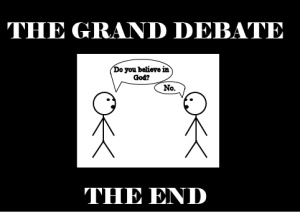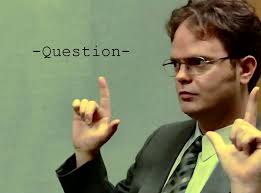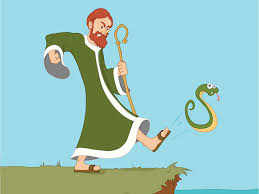
IN 1963, American inventor Harvey Ball was hired by an insurance company to come up with a symbol to help improve company morale.
In about 10 minutes Bell came up with the now-famous yellow circle with dots for eyes and a big curvy grin.
Soon his little face was emblazoned on bumper stickers, coffee mugs, and, most famously, boxer shorts.
The symbol for happiness even ended up on a postage stamp.
Bell never copyrighted the symbol and sold it for $45 to the insurance company, so he didn’t make another cent, but that never bothered him.
He said: “Hey, I can only eat one steak at a time.”
Now there’s a wise man who understood that money cannot buy real happiness.
The great psychologist Carl Jung talked about the instinctive hunger of humans to live as they are meant to live, to know they have used their time on Earth well and not wasted it.
To know the world will be different for their having passed through it.
We will always have unfulfilled dreams, hungers that will never be satisfied and frustrations at our own inadequacies.
If wealth cannot bring happiness, what can? Intelligence?
“Happiness in intelligent people is the rarest thing I know,” said the ultimately sad author Ernest Hemingway.
And several studies confirm that.
Author and priest Ron Rolheiser said we often ask ourselves the wrong question in our quest to find happiness.
The question should not be: Am I happy? Rather the questions should be: Is my life meaningful? Is there meaning in my life?
“We need to ask the deep questions about our lives in terms of meaning rather than in terms of happiness because, for the most part, we have a false, over-idealised, and unrealistic concept of happiness,” he said.
C.S. Lewis said that happiness and unhappiness colour backwards: If our lives end up happy, we realise that we have always been happy even through the difficult times.
And if our lives end up unhappy we realise that we have always been unhappy, even during the pleasurable periods.
Where we end up ultimately in terms of meaning will determine whether our lives have been happy or unhappy.
Jesus told men and women how to be happy by giving, not in getting.
In compassion rather than acquisition.
“The kingdom of God is within you,” he said.
Understand that and you find the joy that passes all human understanding.
Rabbi Harold Kushner said it was not dying that frightened people, it was the fear of dying with the sense we were never really alive. He said the secret was realising happiness did not derive from wealth, power, learning, indulgence or even religiosity, but from living fully in the moment, and risking the pain of giving ourselves to what really matters – understanding that we are loved creations.
Rabbi Kushner wrote that too many people believed in Murphy’s Law that anything that could go wrong would.
“At the divine level there is another opposite law: anything that should be set right sooner or later will,” he said.






























